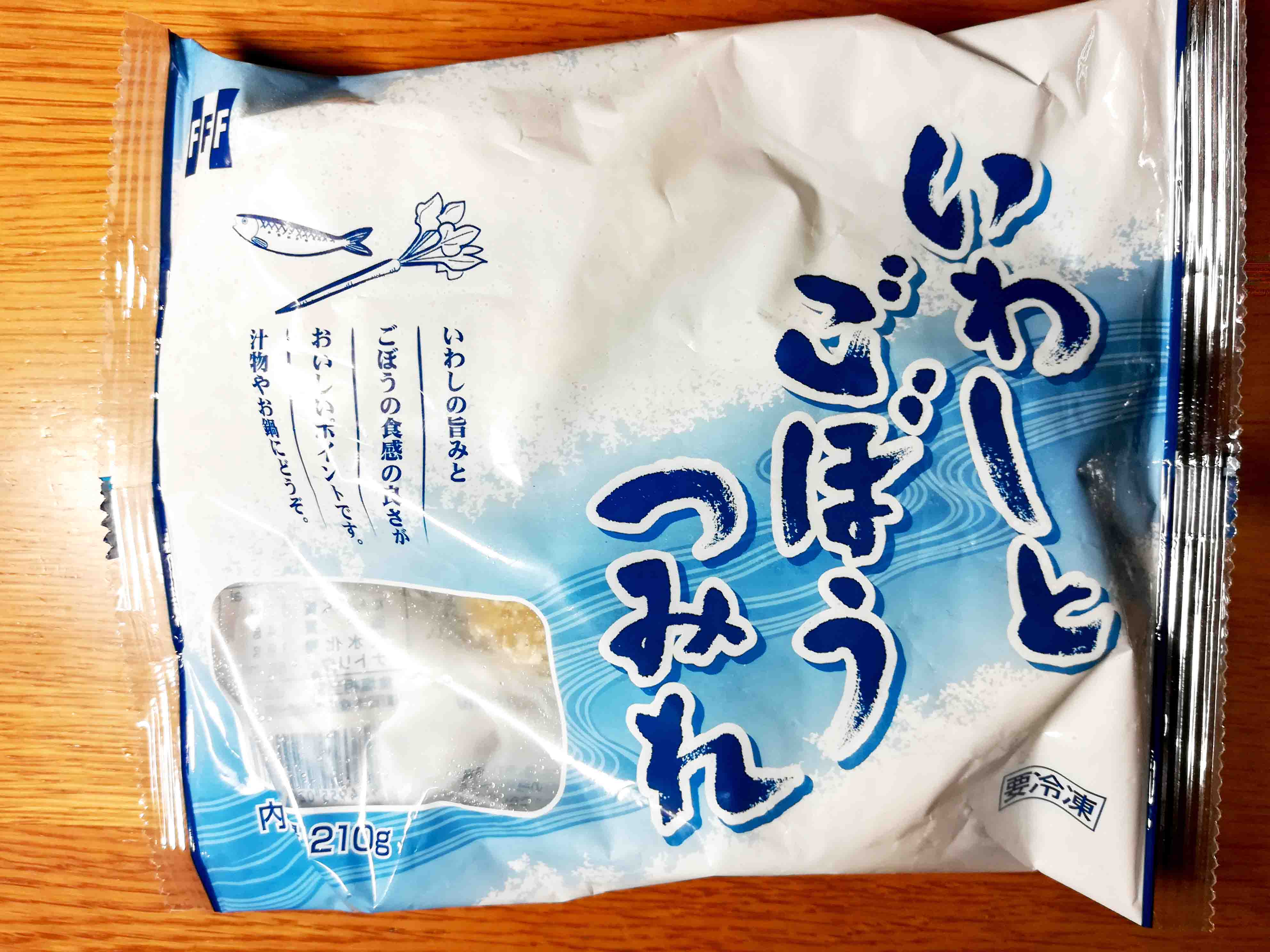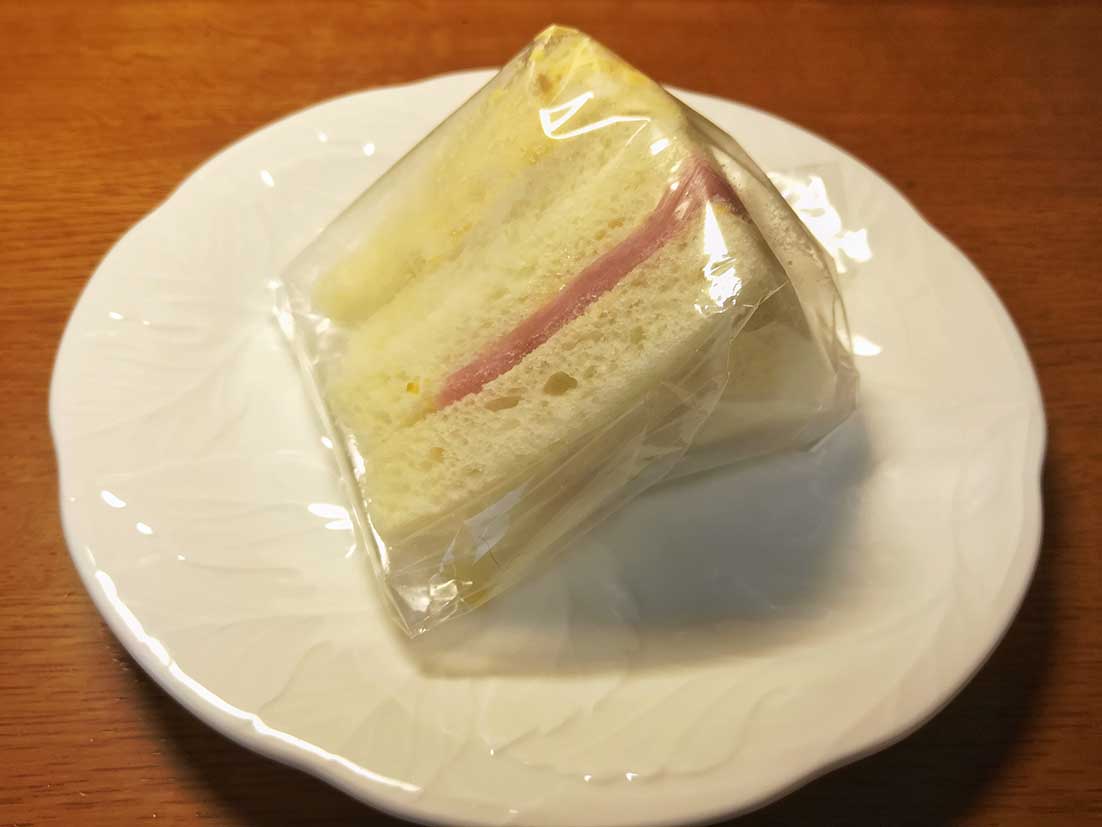Allergy display of food
In order to make it possible for consumers to choose foods that are possible to eat, according to the “Act on food labeling” law,display of food includes allergens is necessary for food and additives in all distribution processes.
Depending on revision of 2001 of the “Act on food hygiene” law, the predecessor of the “Act on food labeling” law, allergy display of material was mandated. Mandatory labeling of materials for processed food was also done at the same time. Therefore, it is said that allergy display in Japan did start from the 21st century.
Specific raw materials
Allergy substances which have to be displayed when they are contained in the food, is called “Specified raw materials” and the following 7 items are defined. They can cause serious reactions, and there are many people who have allergies.
milk, eggs, wheat, soba, peanuts, shrimp and crab
Quasi specified raw materials
Allergy substances which are recommended to be displayed when they are contained in the food, is called “Quasi specified raw materials” and the following 20 items are defined. They have found to have health damages at a certain frequency in a past.
Abalone, squid salmon roe, orange, kiwi fruit, beef, walnut, salmon, mackerel, soybean, chicken, pork, matsutake mushroom, peach, yam, apples, gelatin, banana, sesame and cashew nut
Sesame and cashew nut are new food materials which were added Quasi specified raw materials.
How to display
 Display method is as shown above.
Display method is as shown above.
Organizations such as public health centers monitor whether allergy display is correctly done.
- Listen to whether or not allergic substances are included from the vendor business operator when purchasing raw materials and products
- Examine and inspect the food
If they find a deficiency in the display, they will instruct companies not to sell until the display is corrected. If necessary, it can be canceled business license or prohibit business.
The case that it is not displayed even if Allergen is included
Even if "specified raw materials" is included, it may not be displayed.
- Restaurants, over-the-counter sales of selling delicatessen etc
- Cooking in the shop
- Wrapped in situ such as bread
“Possibility display” is prohibited in reverse
The possibility display such as "It may be included" is prohibited in reverse. It is because consumers are worried.
Contamination
Even though raw materials are not used at the time of food production, specific raw materials and the like may be mixed in. This is calledcontamination.
Therefore, when there is a possibility of contamination, they will call attention. The display of contamination is not mandatory, but it is recommended by the Consumer Agency.
Notation warning example
- we also manufacture products using peanuts.
- Corn transport facilities etc. are also used for transporting soybeans and wheat.
- Crabs coexist on bivalves such as clams used in this product.
- Material fish eat shrimp.
- Young sardines were captured by fishing methods mixed with crab and shrimp.
The point to note when displaying contamination is that as described above, "possibility display" should not be done.
Example of Allergy display
Minced fish


|
| Raw materials display and Allergy display |

|
| Contamination display |
Somen

|
| Contamination display and Allergy display |
Examples without allergy display(stores sales)

|
| sandwich |
